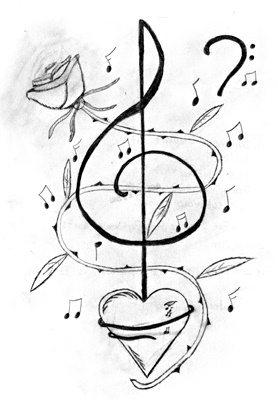All Nonfiction
- Bullying
- Books
- Academic
- Author Interviews
- Celebrity interviews
- College Articles
- College Essays
- Educator of the Year
- Heroes
- Interviews
- Memoir
- Personal Experience
- Sports
- Travel & Culture
All Opinions
- Bullying
- Current Events / Politics
- Discrimination
- Drugs / Alcohol / Smoking
- Entertainment / Celebrities
- Environment
- Love / Relationships
- Movies / Music / TV
- Pop Culture / Trends
- School / College
- Social Issues / Civics
- Spirituality / Religion
- Sports / Hobbies
All Hot Topics
- Bullying
- Community Service
- Environment
- Health
- Letters to the Editor
- Pride & Prejudice
- What Matters
- Back
Summer Guide
- Program Links
- Program Reviews
- Back
College Guide
- College Links
- College Reviews
- College Essays
- College Articles
- Back
Room 624
The classroom is full of low, groaning sounds. Somewhere across the room, blanketed by the vast darkness, a bass drum thuds, like a steady, pulsating hammer against the ectopic quivering of the snare. Now and then, a saxophone’s growl – deep, husky, full of depth and despair – penetrates through the drum’s continual chant. And something else sighs in the air, a pure and desolate sound, crying softly and pleading gently: a lone flugelhorn.
The hushed crying of the flugelhorn pierces the night. Its cries are solemn prayers, fervent prayers, soft and consistent and entreating, melancholy in tone and simple in form. Sorrow has drained out of them nearly every resemblance to the buoyant improvisations of the past. These austere dirges have never seen a major key, or a rousing tempo, or a bebop lick; they have never sung a bossa nova to the strokes of staved congas nor squealed through the trembling timbres of wah-wah pedals. But they still are, in their dismal form, the soulful reflection that improvisation has always created.

Similar Articles
JOIN THE DISCUSSION
This article has 0 comments.
